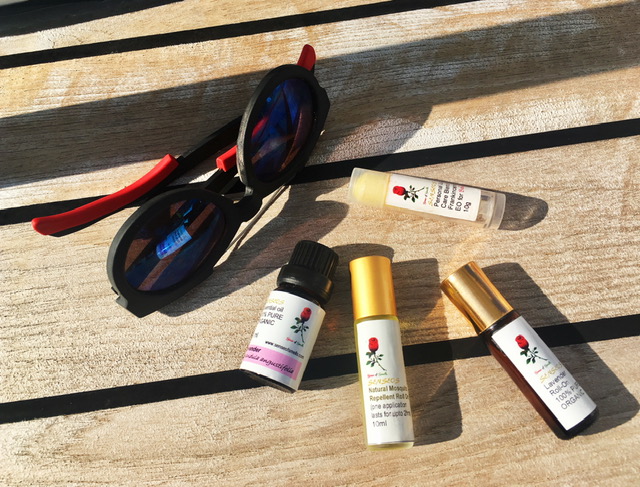The Appropriate Use of Essential Oils
- SOStyle

- Nov 20, 2017
- 2 min read
Updated: Jan 31, 2019

* At the initial stage of pregnancy (first three months), the use of essential oils are not recommended. From the second to third trimesters, aromatherapy is safe in many cases. But some kinds of essential oils cannot be applied, such as, Clary Sage. To healthy pregnant women, appropriate applications of essential oils can be relaxing while relieving various discomforts during their pregnancy and pain during their delivery. As to pregnant women with prior miscarriage or severe illness alongside women with their miscarriage but planning pregnancy, being cautious in the use of essential oils is necessary. They should even avoid applications of them during every stage of pregnancy.
* Babies in their first three months (first 100 days) of life should avoid the use of essential oils. As for premature babies, the first three months start from the original expected due date.
* Unless under some specific conditions, the topical use of neat essential oils is not recommended. Since essential oils cannot be dissolved in water, they have to be diluted with botanical carrier oil or other agents (such as cream or aloe vera gel) for topical use.
* Oral intake is not recommended.
* Don't get essential oils into eyes. If so, rinse them with whole milk first, then by warm water. Afterwards, seek medical consultation as soon as possible.
* Don't go sunbathing or in the sun within 12 to 24 hours after applying photosensitive essential oils, say, Lemon, Sweet Orange and Bergamot, which are citrus oils cold pressed from the fruit peels. Besides, St. John's Wort infused oil commonly used in aromatherapy is also photosensitive, caution is the keyword for its application.
Extra Cautions for People with Asthma & Epilepsy
* When it comes to the selection of essential oils, sufferers of asthma, epilepsy or severe high blood pressure should avoid the use of very stimulating essential oils, like Eucalyptus Globulus, as they may trigger asthma and epilepsy.
* As for highly allergic people selecting essential oils, it would be better for them to have a skin test of essential oils before any application. The simple way for a skin test is to apply a drop of diluted essential oils on the sensitive area of their inner arm. See if there is any allergic reaction in 24 hours.
* The optimal amount of each consumption and optimal concentration level of essential oils are desirable. It is a wrong conception that the more concentrated the better. Their concentration level would affect their effectiveness. Lavender is a good example, as it can be relieving when it is less concentrated, while uplifting when it is more concentrated.
* Sufferers of severe illness, and patients after a major operation or having a history of chronic use of medicine have to select essential oils carefully. The right choice can relieve their symptoms. A wrong choice of them may offset the effectiveness of medicine. Consulting Professional Aromatherapists are highly recommended.



Comments